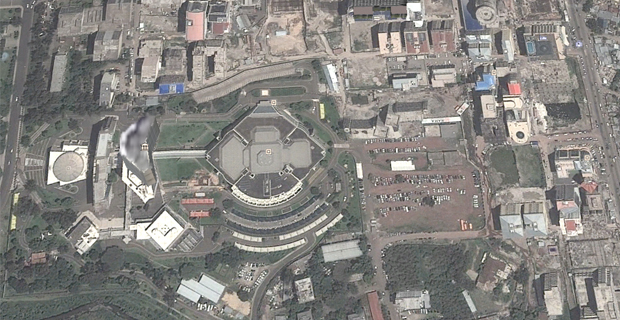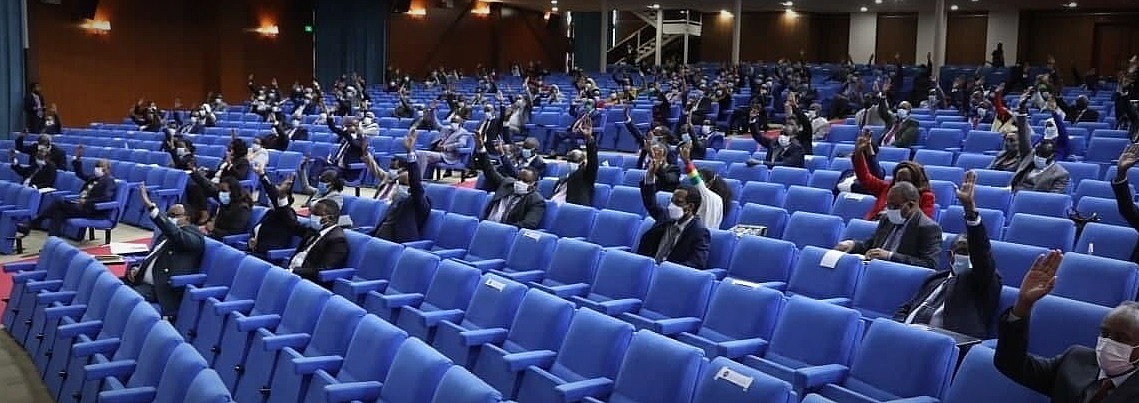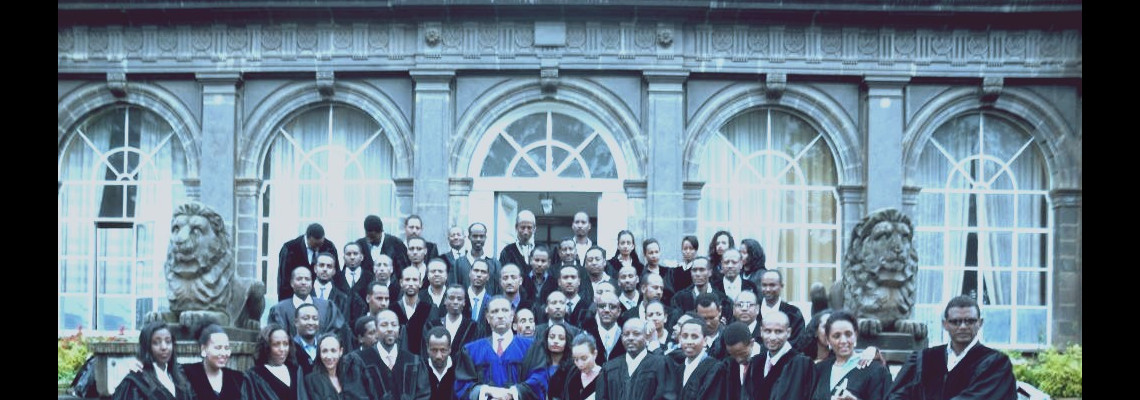
The Federal High Court, on January 29, 2013, ordered May Real Estate Development Plc to pay 24 million Br to 28 clients, with which it had a contract to build apartment units in Kirkos District.
May went into business with the 5,000sqm of land it acquired behind the United Nations Economic Commission for Africa (UNECA) building in Kirkos District for the construction of three apartment buildings.
Established in 2003 with a paid-up capital of 1.5 million Br, with Yoseph Mebratu, its major share holder, contributing one millionBr.The company made advance sales to 28 people and collected 13 million Br in advance, from units ranging in price from 820,000 Br to 2.2 million Br each. Seven of these customers-turned plaintiffs reside in theUnited Statesand Nebiyu Samuel, advisor to Sheikh Mohammed Ali Al Amoudi, is also a client.
The firm borrowed 30 million Br from Dashen Bank, payable in 2013 /14, to finance the construction and put up the land as collateral. The plan was to build 104 units in three apartment buildings and to deliver the pre-ordered units within two years.
Things did not go as indicated in the contract, and in 2010, May sent emails to its clients announcing that it was charging 15 million Br more for the units.
Buyers then demanded that the firm hand the apartments over to them within a month of the email, according to the charge. Delivery did not take place, but on January 15, 2011, the company notified its buyers that it had canceled its contract with them, which lead to a civil suit against it five days later.
The plaintiffs – the buyers – accused the company of failing to deliver the units within the agreed upon time and increasing prices in violation of the contract.
They demanded that the units be delivered according to the contract, or to be paid 15 million Br in compensation; eight million Birr for the delay and seven million Birr for the loss incurred as a result of the delay. There was also an additional claim for the construction site to be handed over to them.
May told the Court that it had failed to deliver the apartments due to internal and external force majeure. The Ethiopian Building Design Enterprise (EBDE) had assessed the soil where construction was to take place, it said, but it later found that it could not use excavators to dig the ground because of the rocks and had to use manual labour which resulted in delays. It also mentioned other problems such as cement shortage, power stoppage and security issues during meetings at the UNECA as reasons for the delay in construction.
The Court rejected these reasons as force majeure, saying that the force majeure defence is only applicable when the firm becomes incapable of performing its duties.
Price increment cannot be a force majeure, since it is normal in the business world, according to a contract law lecturer who wished to remain anonymous.
“Since the real estate development is more of a new system, it is better for a new law to be proclaimed for the sector,” he said.
The Court also rejected the request by the plaintiffs to force the firm to complete the construction, citing it as against liberty to force the firm to do something beyond its ability. The request to have the site handed over to them so that they may complete the construction was also rejected. However, it ruled that May has to return all the money it took, with interest, and pay an additional 11 million Br to cover completion costs. The plaintiffs did not receive any compensation.
“The Court’s ruling was 50/50,” said Solomon Gebremichael, May’s lawyer, when he spoke with Fortune on Friday February 8, 2013. “It denied the plaintiffs their first two claims,” he added, although he declined to comment further on the case, saying that he had only received the full document of the ruling only a day earlier.
The plaintiffs’ lawyer, Kumlachew Amde, expressed dissatisfaction with the ruling and said that the plaintiffs may appeal the ruling.
The Ministry of Urban Development and Construction (MoUDC) drafted a Real Estate Development bill in 2011/12, to further clarify the relationship between real estate developers and buyers.
By MELKEAM ASCHALEW
FORTUNE STAFF WRITER


